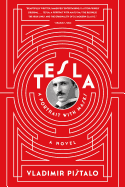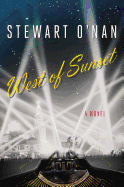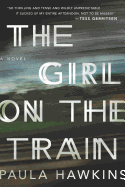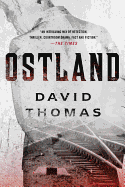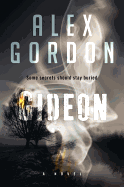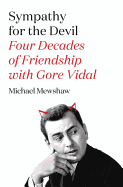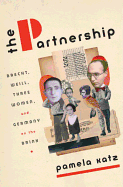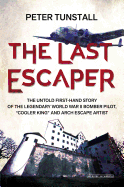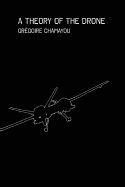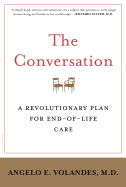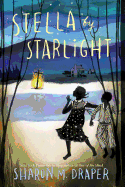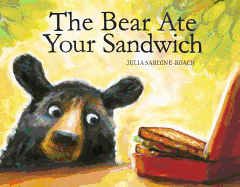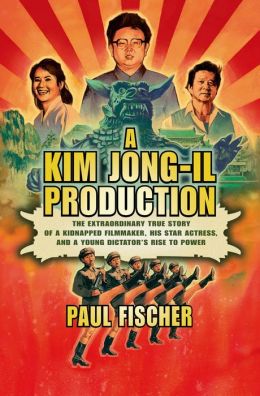 A Kim Jong-Il Production: The Extraordinary True Story of a Kidnapped Filmmaker, His Star Actress, and a Young Dictator's Rise to Power by Paul Fischer (February)
A Kim Jong-Il Production: The Extraordinary True Story of a Kidnapped Filmmaker, His Star Actress, and a Young Dictator's Rise to Power by Paul Fischer (February)
This is a wild tale: before he became the Dear Leader, North Korea's Kim Jong-Il was in charge of the Ministry of Culture and was obsessed with filmmaking. (Most of the more than 10,000 movies in his collection were American.) Aware that the country's films were of poor quality, he arranged for the kidnapping of Shin Sang-Ok, South Korea's best known director, and Choi Eun-Hee, South Korea's best known actress--who had once been married. They were held for four years--he most of the time in prison camps--until they were reunited. Kim forced them to remarry and to make nine feature films, one of which was a Godzilla ripoff. Eventually they received permission to visit Vienna, where, after a car chase, they escaped with CIA help. It's an untold story that "reads like fiction," Miller said, "a kind of Orphan Master's Son meets Argo."
The book's editor, Colin Dickerman, said A Kim Jong-Il Production has "everything I look for in nonfiction--a fascinating, untold story; an unbelievable case of characters; and the narrative drive of a thriller." He called the tale "riveting" and "meticulously researched." Fischer, he continued, provides "an oddly humanizing and personal portrait of Kim Jong-Il" and a "perfect, entertaining vehicle through which to understand an incredibly odd and fascinating culture."
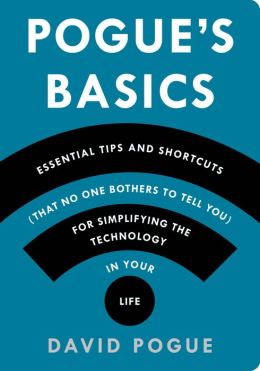 Pogue's Basics: Essential Tips and Shortcuts (That No One Bothers to Tell You) for Simplifying the Technology in Your Life by David Pogue (Dec. 2014)
Pogue's Basics: Essential Tips and Shortcuts (That No One Bothers to Tell You) for Simplifying the Technology in Your Life by David Pogue (Dec. 2014)
The long-time tech columnist for the New York Times who recently launched Yahoo's consumer-tech site, David Pogue offers 200 tech tips in this trade paperback. "No matter how sophisticated you are," Miller said, "you won't know some of these tips." One of Miller's favorites: Pogue suggests pushing your smartphone camera button before the shot to get the picture in "real time," since most smartphone cameras have a delay. Among other tips, Pogue shows how to scroll through a website using only a space bar and how to use a setting that allows owners to track lost phones. Pogue's Times stories were among the newspaper's most popular, and his TED Talk of tips has been seen by nearly four million people and added 1.5 million followers on Twitter.
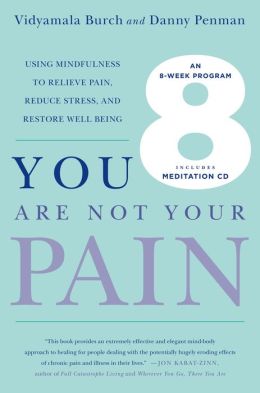 You Are Not Your Pain: Using Mindfulness to Relieve Pain, Reduce Stress, and Restore Well-Being--An Eight-Week Program by Vidyamala Burch and Danny Penman (January)
You Are Not Your Pain: Using Mindfulness to Relieve Pain, Reduce Stress, and Restore Well-Being--An Eight-Week Program by Vidyamala Burch and Danny Penman (January)
Vidyamala Burch is founder and co-director of Breathworks, which offers mindfulness- and compassion-based approaches to living well with chronic pain, illness and stress, and Danny Penman is a journalist and co-author of the bestselling Mindfulness: An Eight-Week Plan for Finding Peace in a Frantic World. Burch grew up with painful back problems after a car accident, and Penman was in a hang-gliding accident. Based on their personal experiences and on extensive research, they offer an eight-week program--10 to 20 minutes a day--of mindfulness practices that can relieve chronic pain and the suffering and stress of illness. Mindfulness, they emphasize, has been shown to wean people from pain and from taking drugs for pain. Miller called You Are Not Your Pain a "clear, helpful guide to using mindfulness to treat pain." This trade paperback comes with a CD bound in.
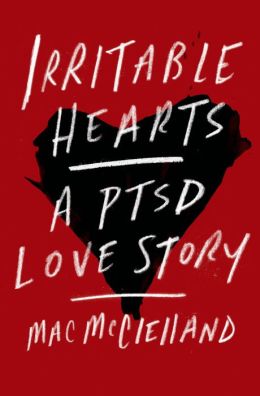 Irritable Hearts: A PTSD Love Story by Mac McClelland (February)
Irritable Hearts: A PTSD Love Story by Mac McClelland (February)
After human rights reporter Mac McClelland covered the earthquake in Haiti in 2010--seeing things that shook her to the core--she returned home and found she was suffering post-traumatic stress disorder. In love with a French soldier she met in Haiti, she tried to find healing and love and understand PTSD, a process she recounts in this book. Editor Colin Dickerman called Irritable Hearts "an intense, fearless memoir; a love story; a search for healing; and a book that most importantly will further the very necessary conversation about PTSD in this country.... It's the first book to look at the condition outside the world of combat and soldiers, and it expands the definition of what constitutes trauma. It's a brave, honest, at times surprisingly funny and important story that also happens to be a riveting read."
McClelland is one of the first people to contend that PTSD is contagious--children can get it from their fathers. She also examined the depths of its effect, including what it did to her sex life. "She took the conversation out of the war zone and into the bedroom," said associate publisher Liz Keenan.
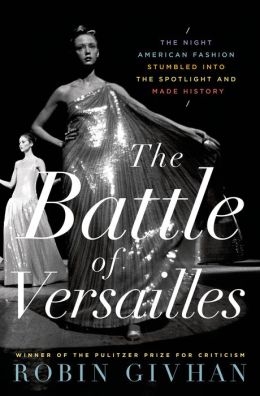 The Battle of Versailles: The Night American Fashion Stumbled into the Spotlight and Made History by Robin Givhan (March)
The Battle of Versailles: The Night American Fashion Stumbled into the Spotlight and Made History by Robin Givhan (March)
In 1973, as a fundraiser for the Palace of Versailles, five American and five French designers faced off on the runway: Oscar de la Renta, Bill Blass, Anne Klein, Halston and Stephen Burrows vs. Yves Saint Laurent, Hubert de Givenchy, Pierre Cardin, Emanuel Ungaro and Marc Bohan of Christian Dior. Against all odds, the Americans, whose 10 models were African American, won--commanding the world's attention and becoming a powerful force in fashion. Pulitzer Prize-winner Robin Givhan, fashion critic of the Washington Post, recounts that unusual night, providing what editor Colin Dickerman calls "a great group biography that brings alive the sexiness and freedom of the '70s, managing to tell the entire history of fashion and why fashion matters in the process." Givhan also examines issues of class and race and culture.
The print edition of the book will include some never-before-seen Bill Cunningham photos and will have endpapers and gorgeous detailing--a package that suits the subject.
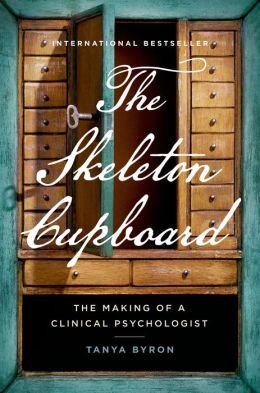 The Skeleton Cupboard: The Making of a Clinical Psychologist by Tanya Byron (April)
The Skeleton Cupboard: The Making of a Clinical Psychologist by Tanya Byron (April)
A writer and media personality in the U.K., Tanya Byron recounts her experiences in training to become a clinical psychologist via stories about seven of her earliest patients. "It's a memoir in the form of stories, and we see her evolve," Miller said. "It's an entry into the world of mental illness." The first story is about Imogen, 12, who wants to commit suicide; Barnes seeks to figure out why, and the cause is chilling. Byron also recounts how she became interested in the field: when she was 15, she saw her grandmother murdered and wanted to understand why someone would do such a thing. Byron does not take a black-and-white approach; instead she sees people as being on a spectrum. Liz Keenan called The Skeleton Cupboard reminiscent of the TV show House in its pacing and the way it explores medical mysteries.
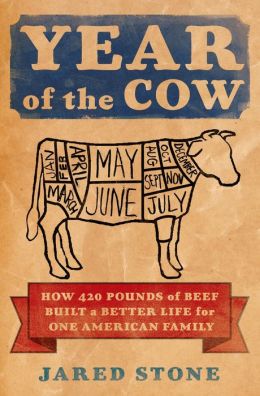 Year of the Cow: How 420 Pounds of Beef Built a Better Life for One American Family by Jared Stone (April)
Year of the Cow: How 420 Pounds of Beef Built a Better Life for One American Family by Jared Stone (April)
When Emmy-winning TV producer Jared Stone decided he and his family didn't know enough about the meat they were eating, he bought a cow. After the cow was butchered, he stored it in a freezer and over the course of hundreds of meals, he cooked his way through the bovine. During the journey, he discusses the ethnography of cattle, how our ancestors prepared meat and "how intense the experience of eating the cow was and its contrast to food that's processed that we don't have a connection with," Miller said. He also reveals the mistakes he made and how his and his family's lives were affected by the project.
Miller called Year of the Cow "a memoir that looks at where food comes from and the paleo trend of eating more meat. It's an entry to those trends, but more fun than a manifesto." There's a recipe at the end of each chapter. Liz Keenan added: "It's fun to see what he leaves to the end to cook!"





 A Kim Jong-Il Production: The Extraordinary True Story of a Kidnapped Filmmaker, His Star Actress, and a Young Dictator's Rise to Power by Paul Fischer (February)
A Kim Jong-Il Production: The Extraordinary True Story of a Kidnapped Filmmaker, His Star Actress, and a Young Dictator's Rise to Power by Paul Fischer (February) Pogue's Basics: Essential Tips and Shortcuts (That No One Bothers to Tell You) for Simplifying the Technology in Your Life by David Pogue (Dec. 2014)
Pogue's Basics: Essential Tips and Shortcuts (That No One Bothers to Tell You) for Simplifying the Technology in Your Life by David Pogue (Dec. 2014) You Are Not Your Pain: Using Mindfulness to Relieve Pain, Reduce Stress, and Restore Well-Being--An Eight-Week Program by Vidyamala Burch and Danny Penman (January)
You Are Not Your Pain: Using Mindfulness to Relieve Pain, Reduce Stress, and Restore Well-Being--An Eight-Week Program by Vidyamala Burch and Danny Penman (January) Irritable Hearts: A PTSD Love Story by Mac McClelland (February)
Irritable Hearts: A PTSD Love Story by Mac McClelland (February) The Battle of Versailles: The Night American Fashion Stumbled into the Spotlight and Made History by Robin Givhan (March)
The Battle of Versailles: The Night American Fashion Stumbled into the Spotlight and Made History by Robin Givhan (March) The Skeleton Cupboard: The Making of a Clinical Psychologist by Tanya Byron (April)
The Skeleton Cupboard: The Making of a Clinical Psychologist by Tanya Byron (April) Year of the Cow: How 420 Pounds of Beef Built a Better Life for One American Family by Jared Stone (April)
Year of the Cow: How 420 Pounds of Beef Built a Better Life for One American Family by Jared Stone (April)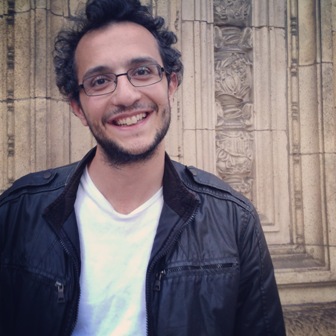
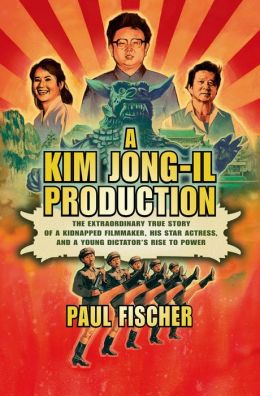 Book you're an evangelist for:
Book you're an evangelist for: